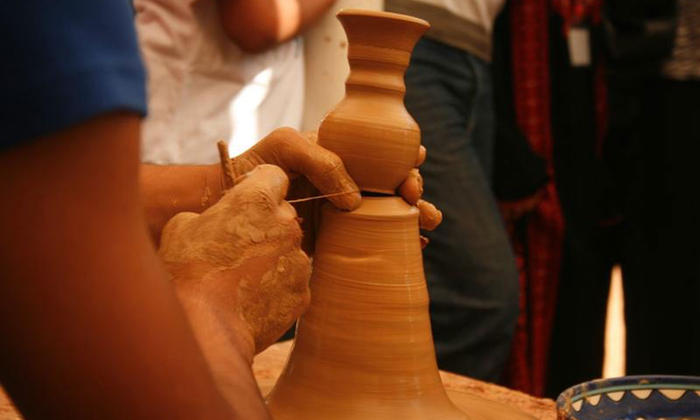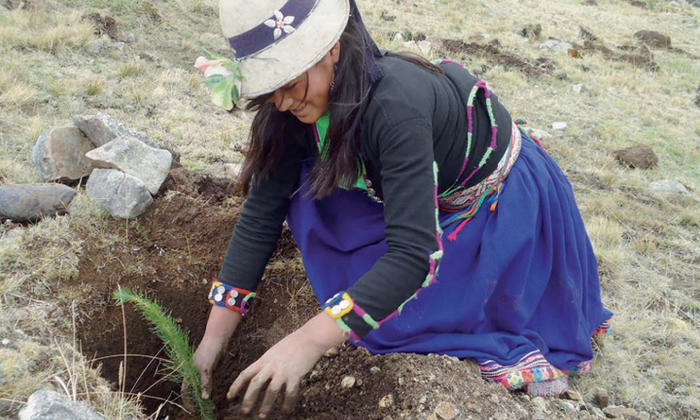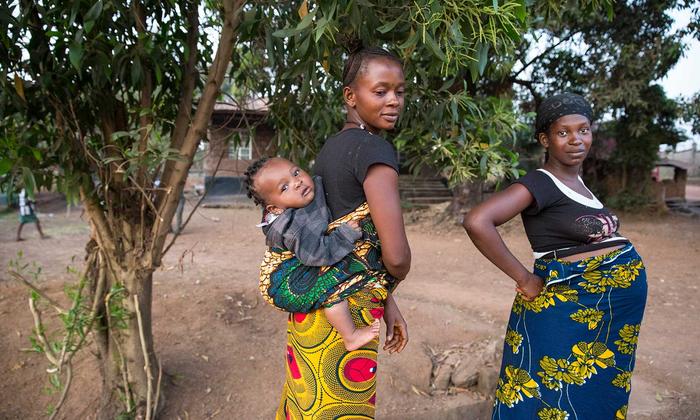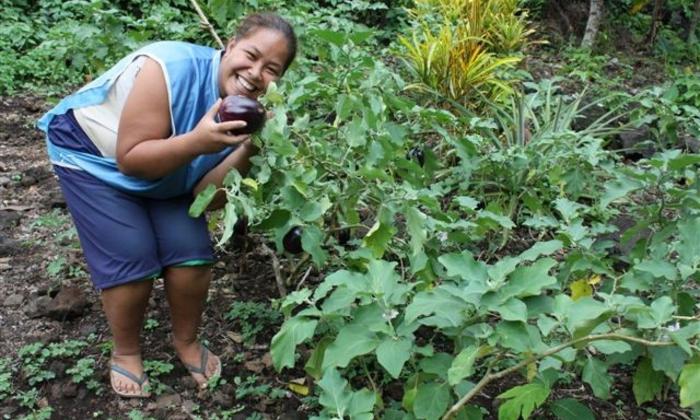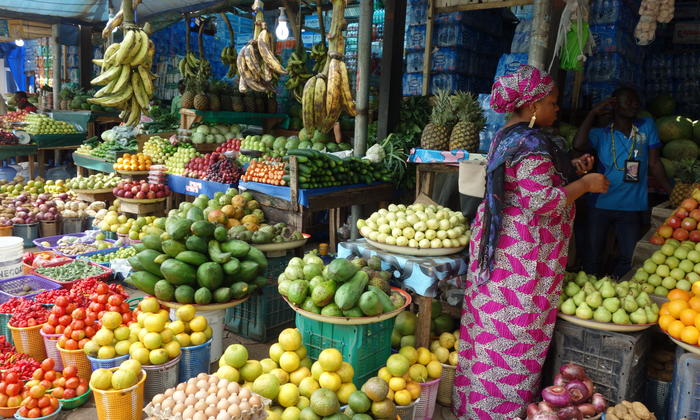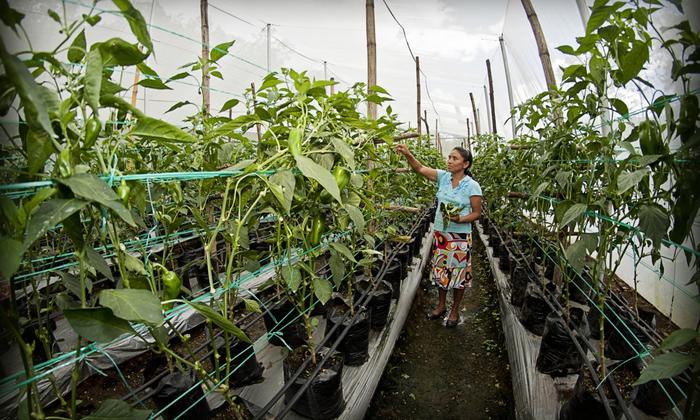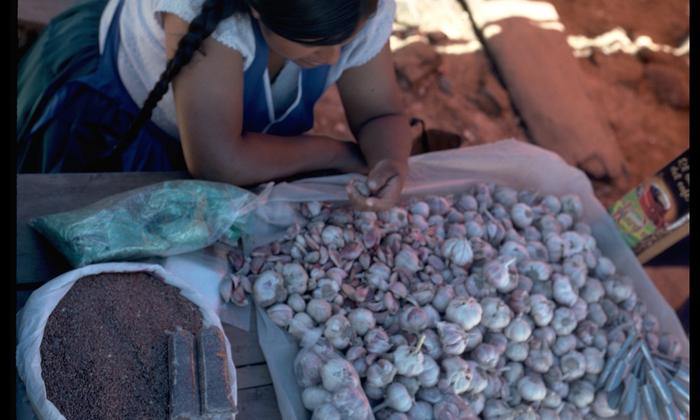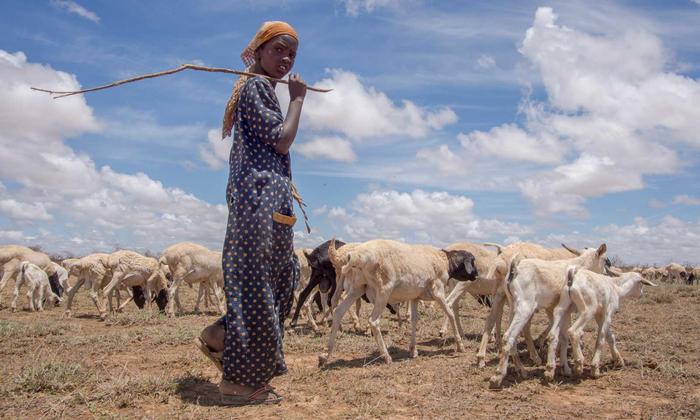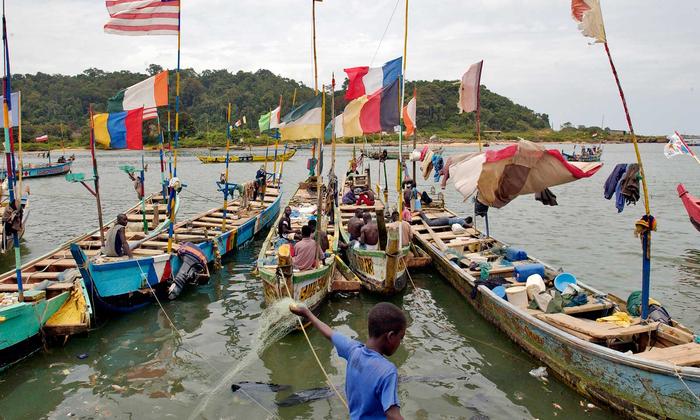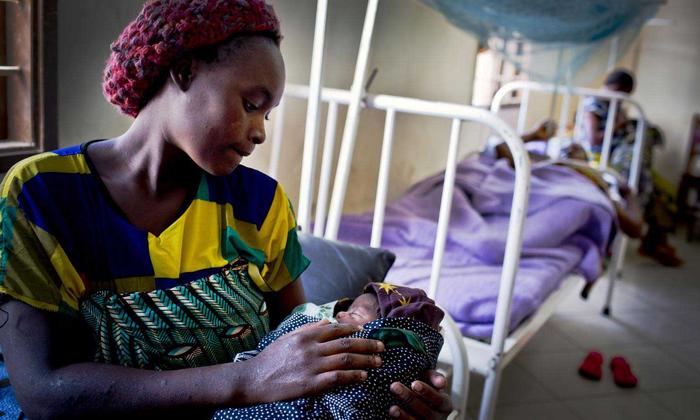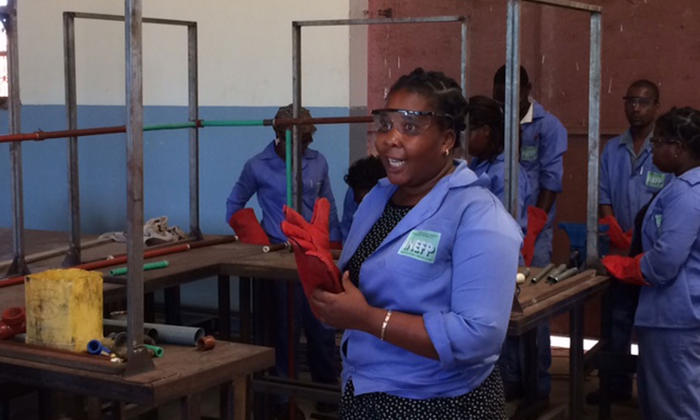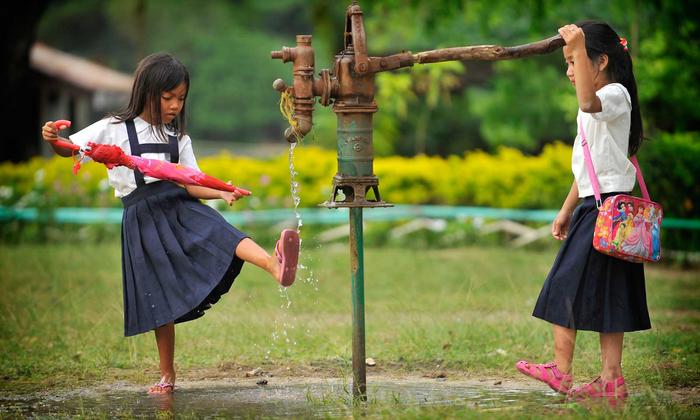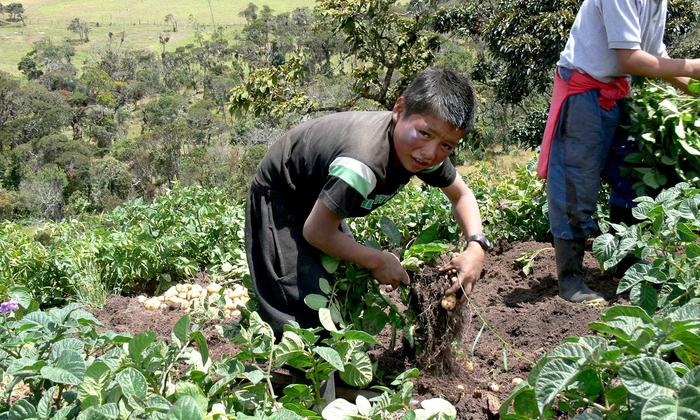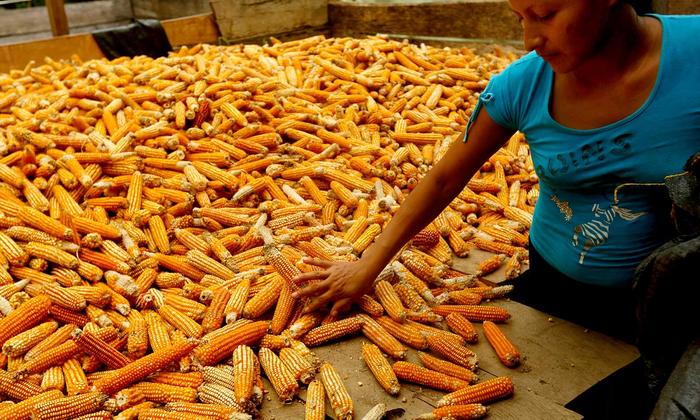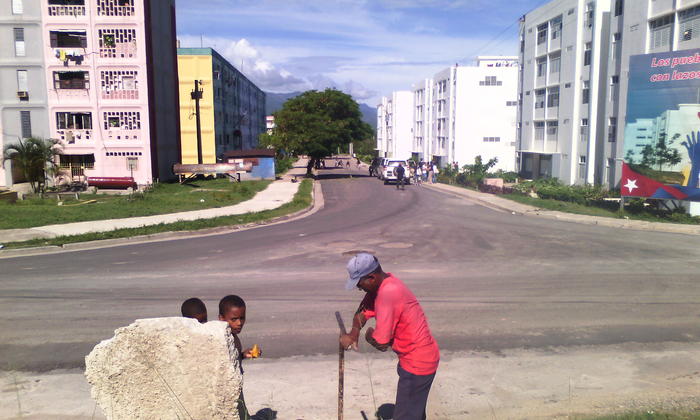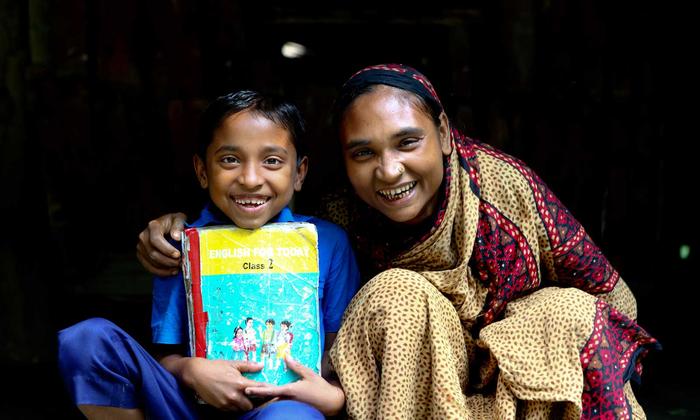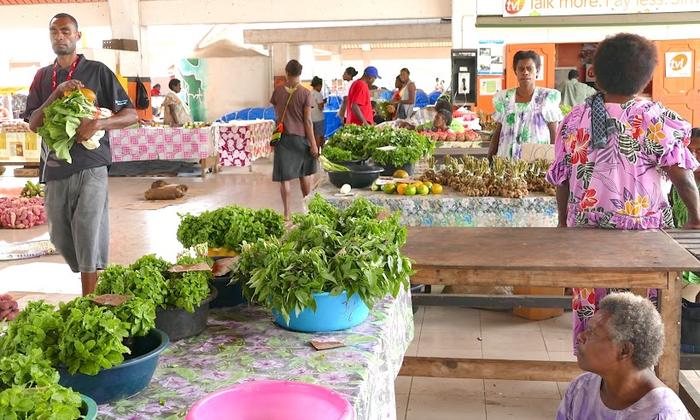The approach
The Food Africa Project is an innovative public-private partnership between the SDG Fund, UN Agencies, Sahara Group, world-wide recognized chefs the Roca Brothers, Nigerian National Government and Kaduna State Government to improve food security and nutrition, and alleviate poverty by strengthening of local value chains for farmers.
Its unique feature is demonstrated by a clear effort to promote national ownership with a matching fund approach, where SDG Fund takes the lead to onboard private sector in the design phase and acted as a convener to bring together all partners. Jointly with the Sahara Group, the SDG Fund provides bulk of co-financing, convened additional partners and mobilized contributions. Chefs Roca Brothers contributes knowledge to showcase how local food production can be processed for new markets and consumers, while specialized UN Agencies provide expertise on food production, employment and international trade.
The Programme
Food Africa offers a scalable, innovative model of public – private partnership that could be replicated in other countries and regions. This specially designed programme helps to:
- Strengthen food processing capacities and value addition to reduce post-harvest losses and food waste
- Improve agricultural yields and strengthen capacity of farmers in food production and management
- Foster local market places and promote specialized horticulture products reduce food waste and to boost local economic development
- Improve policy coordination and inter-sectorial coordination
- Empower young women and men through training, capacity building and in-come generating activities
- Support the development of a more inclusive food value chain
Quick facts
Total programme budget: $2.5 million
% funded by SDG-F: 21%
UN agencies: FAO, ILO and ITC
National partners: Federal Ministry of Agriculture and Rural Development, Federal Ministry of Water Resources, Kaduna State Government, local NGOs, rural farmers and women
Duration: (Phase 1) July 1, 2016 to December 31st, 2018
Key facts
From self-sufficiency in the 1960s, Nigeria became and has remained a net food importer since the 1980s. Notably, it is the largest net importer of rice in Africa and is expected to import some 7 million tonnes of cereals in 2016
Nigeria has 84 million hectares of arable land but at present only 40% is cultivated. Agriculture accounts for an estimated 70% of national employment, but only 22% of GDP, thus indicating a significant potential for productivity gains
Often as high as 50-70% of produce is lost post-harvest
| Attachment | Size |
|---|---|
| 125.23 KB |

